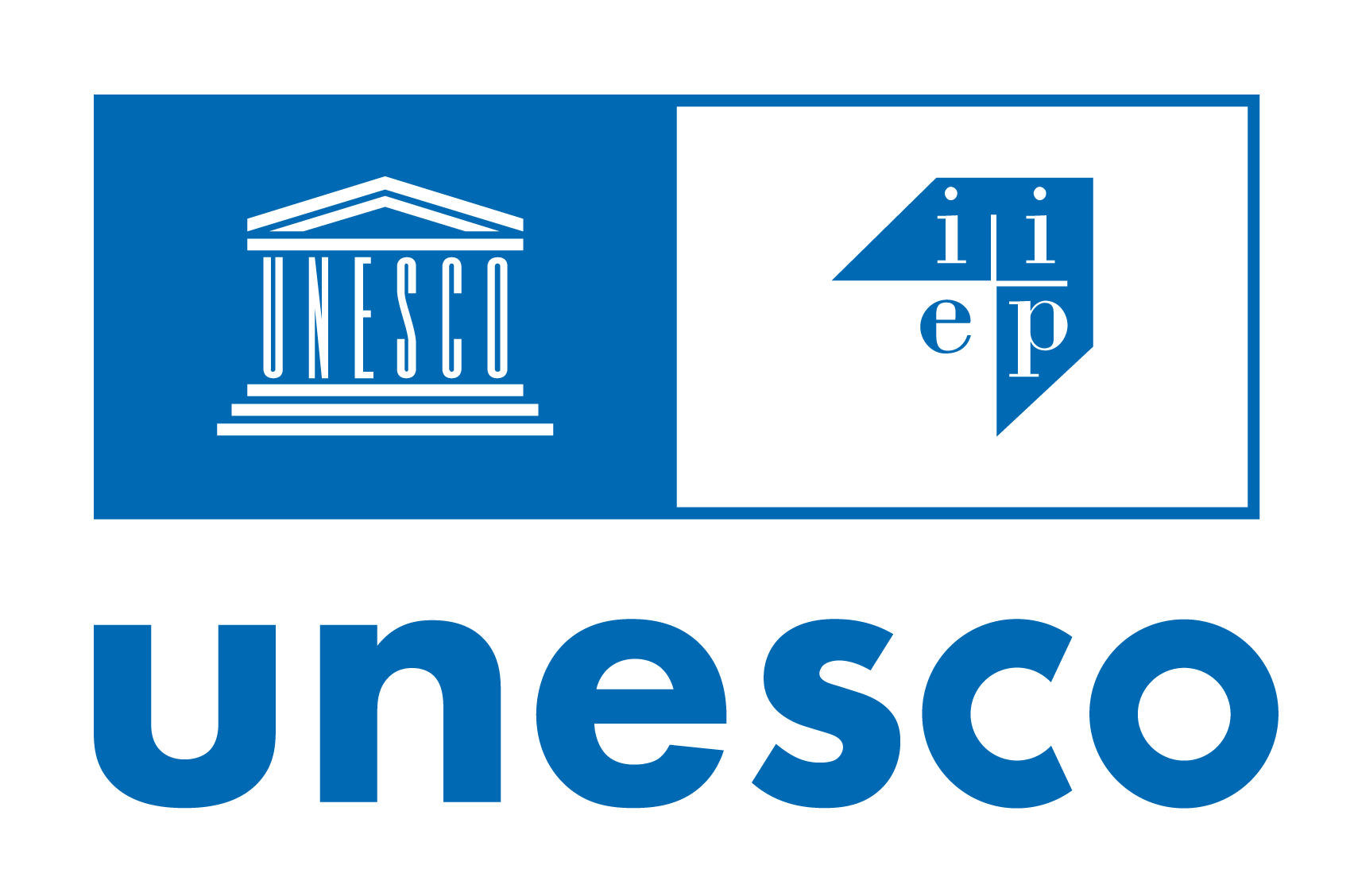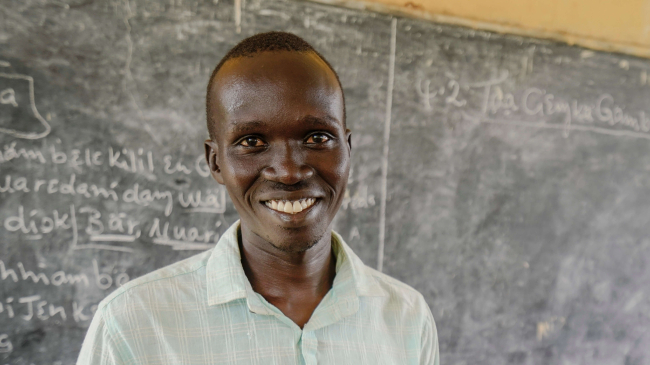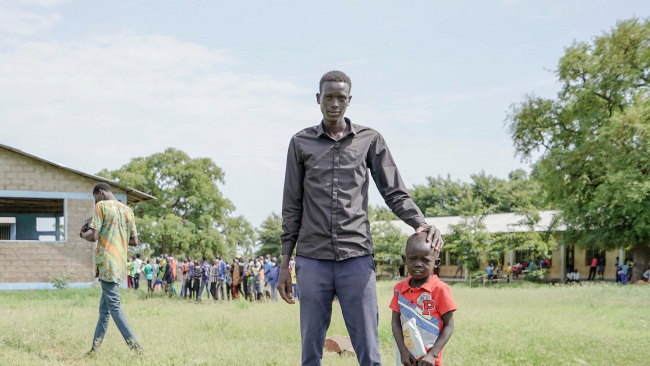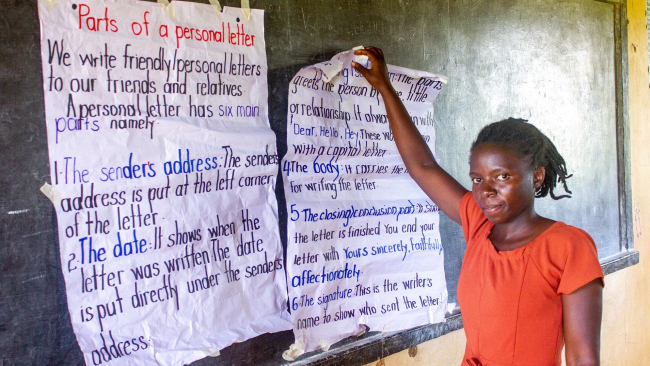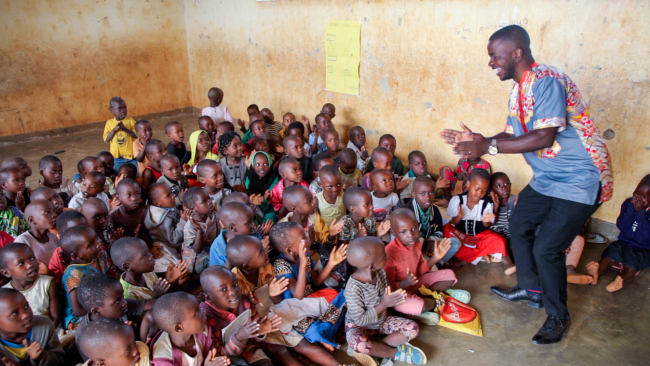Every education system has the potential to exacerbate or mitigate the conditions that contribute to violent conflict. Therefore, every community or country needs to ensure that its citizens have access to appropriate education, before, during, and after conflict. Yet schools and education systems—whether contributing factors to the conflict or not—are invariably debilitated by conflict. This leaves them weakened, damaged, and under-resourced just when communities, governments, and international agencies need them to play a role in simultaneously rebuilding and transforming themselves and the societies they serve. This twin mandate of reform and reconstruction offers significant opportunities and enormous challenges to societies emerging from conflict. Maximizing opportunities calls for strategies that can be carried out in the context of depleted human and institutional resources and unpredictable cash flows. Reshaping the Future offers an overview of the main findings of a study of education and postconflict reconstruction, drawing on a review of literature, a database of key indicators for 52 countries affected by conflict, and a review of 12 country studies. The book focuses attention on the key role of education in the reconstruction of societies after conflict and in preventing the recurrence of violent conflict.
Year
2005
Pages
93
Resource Types
Languages
